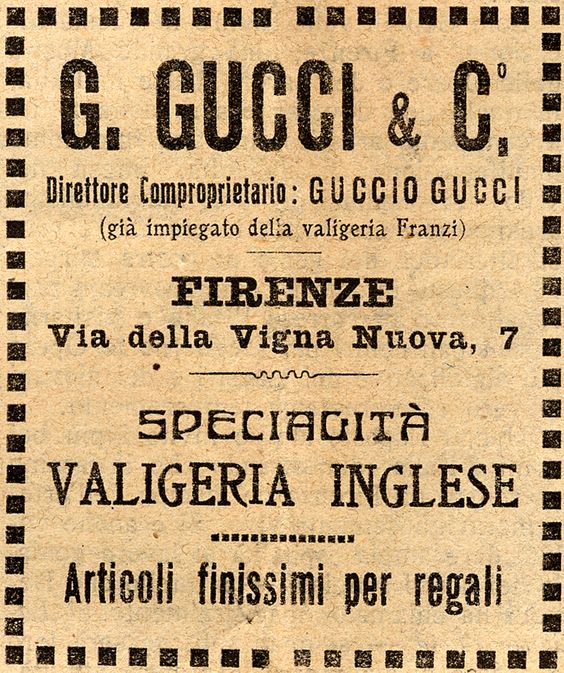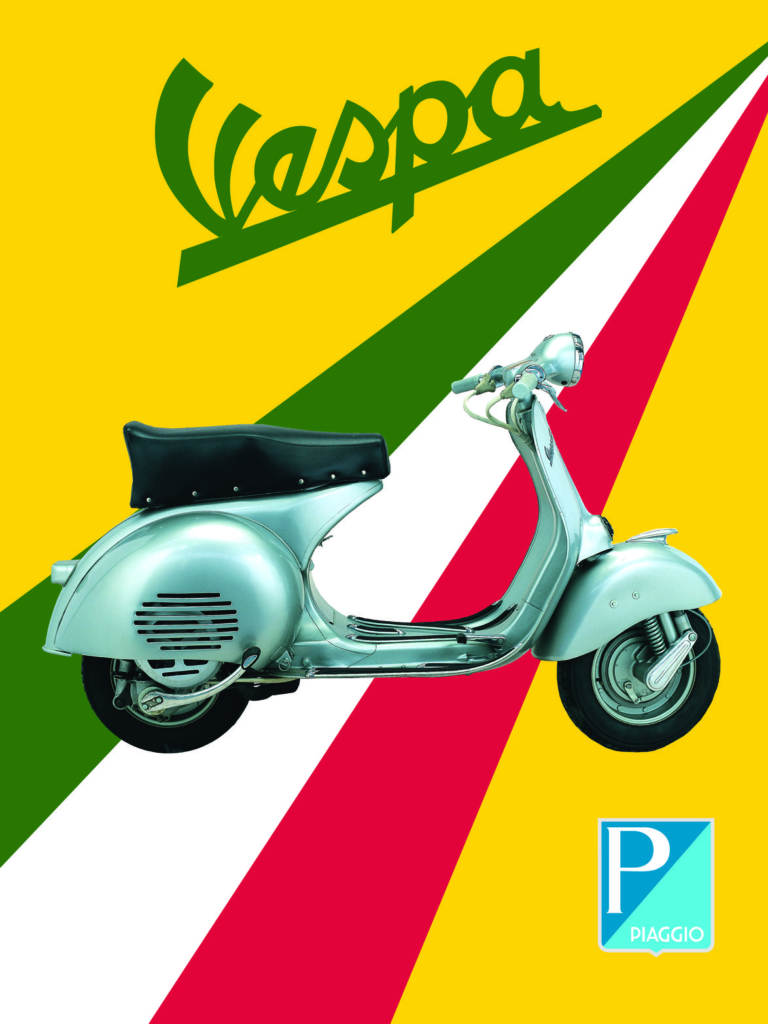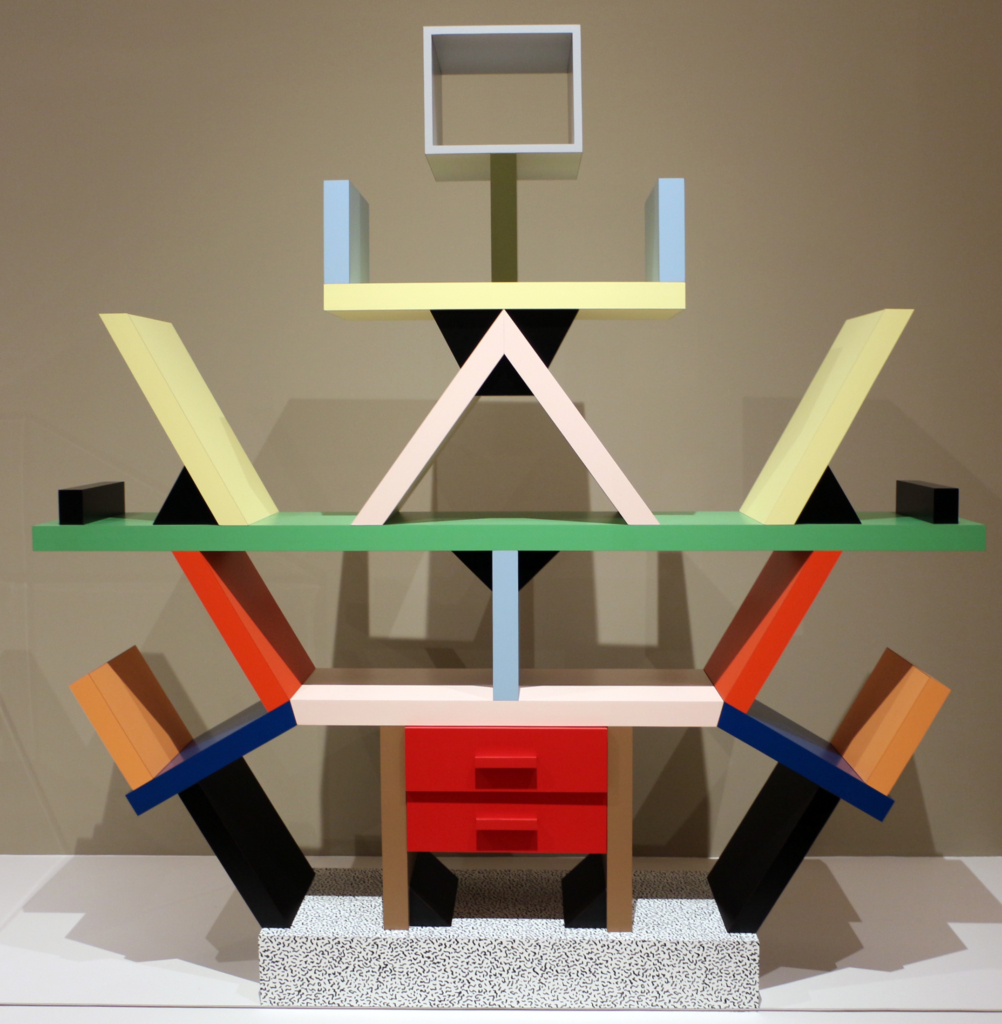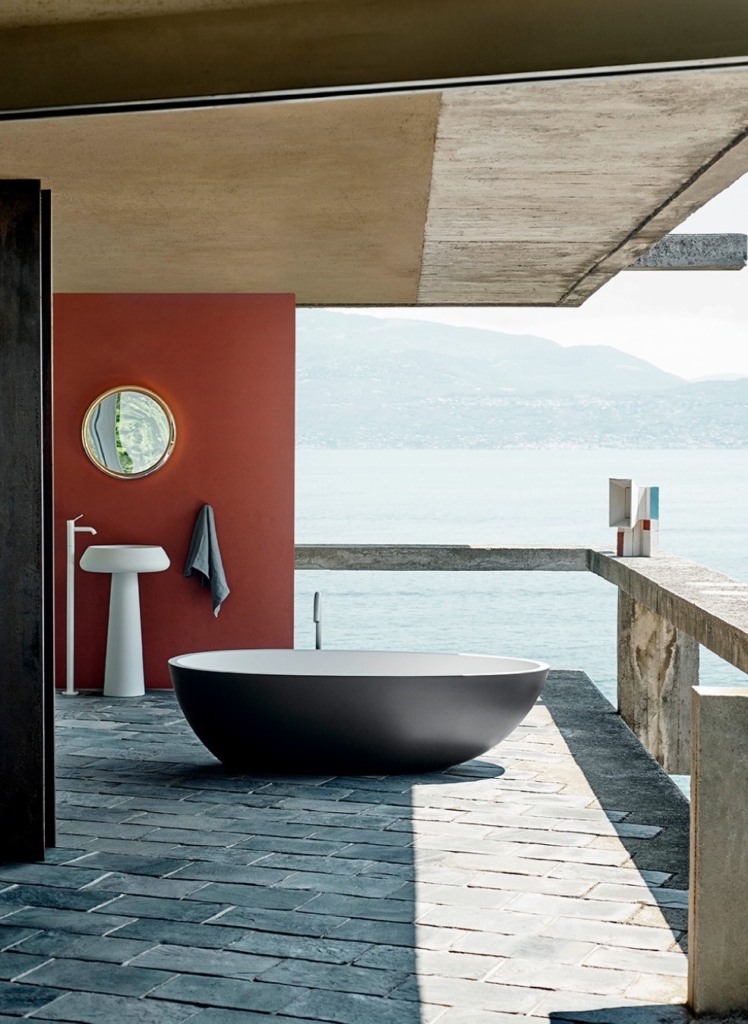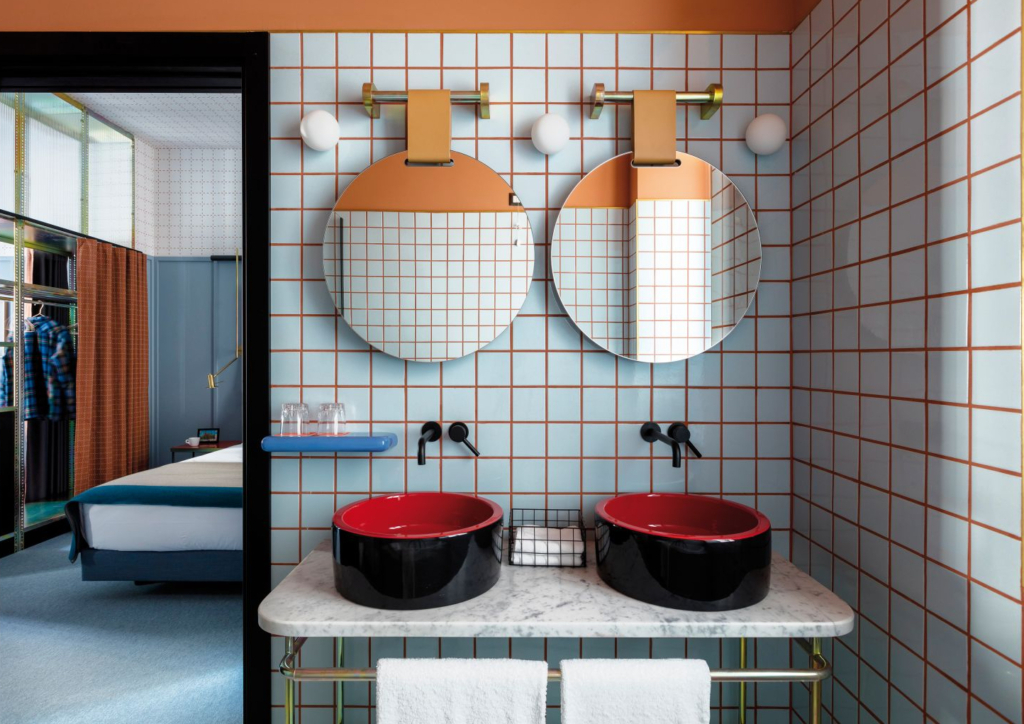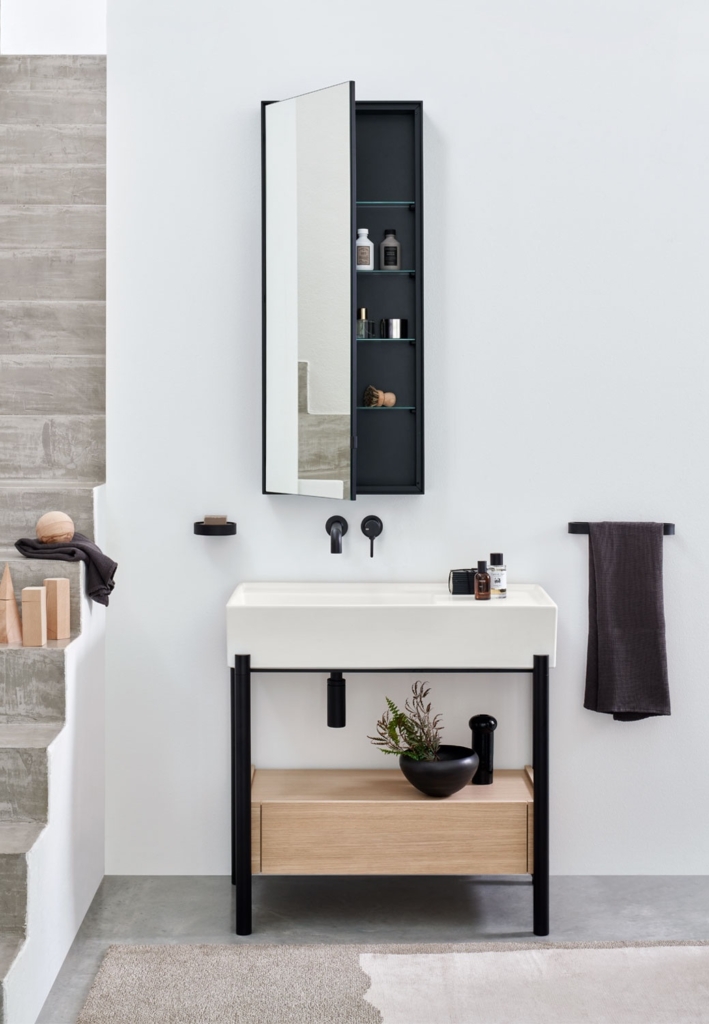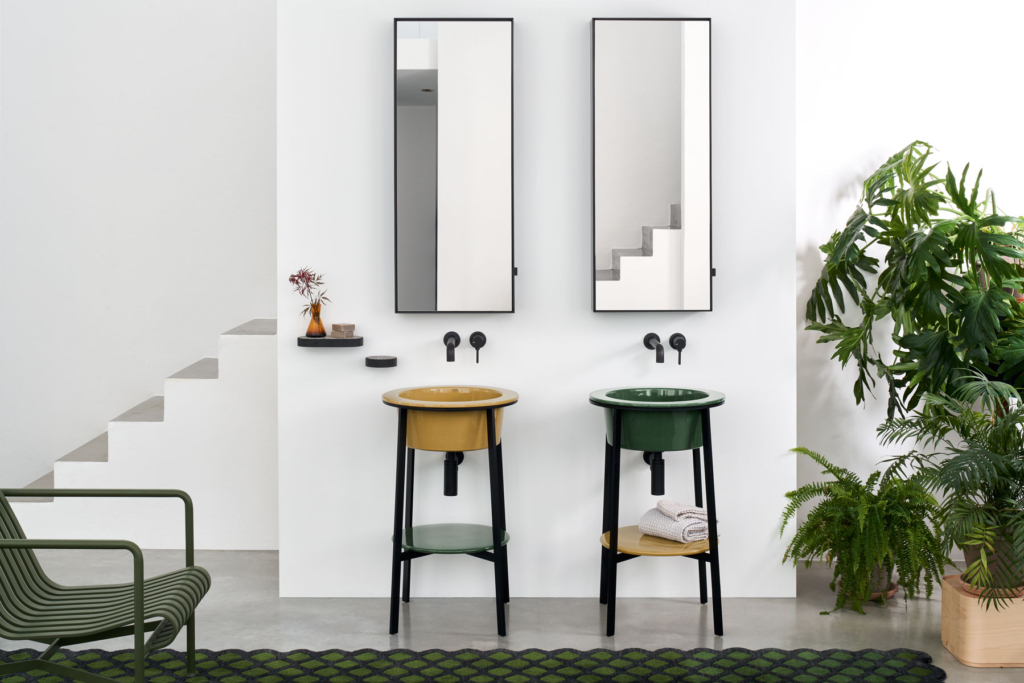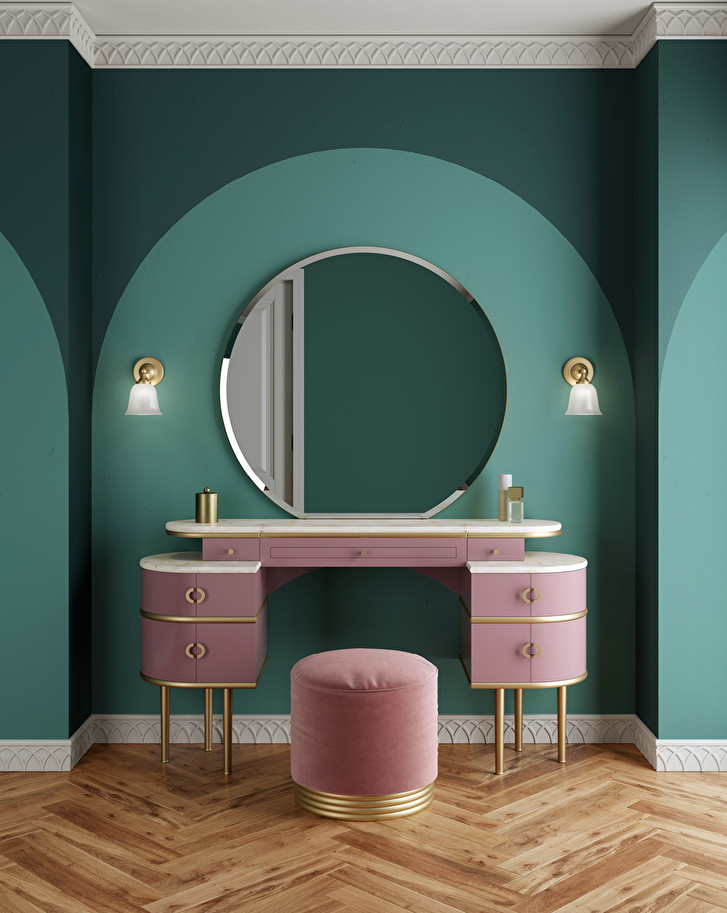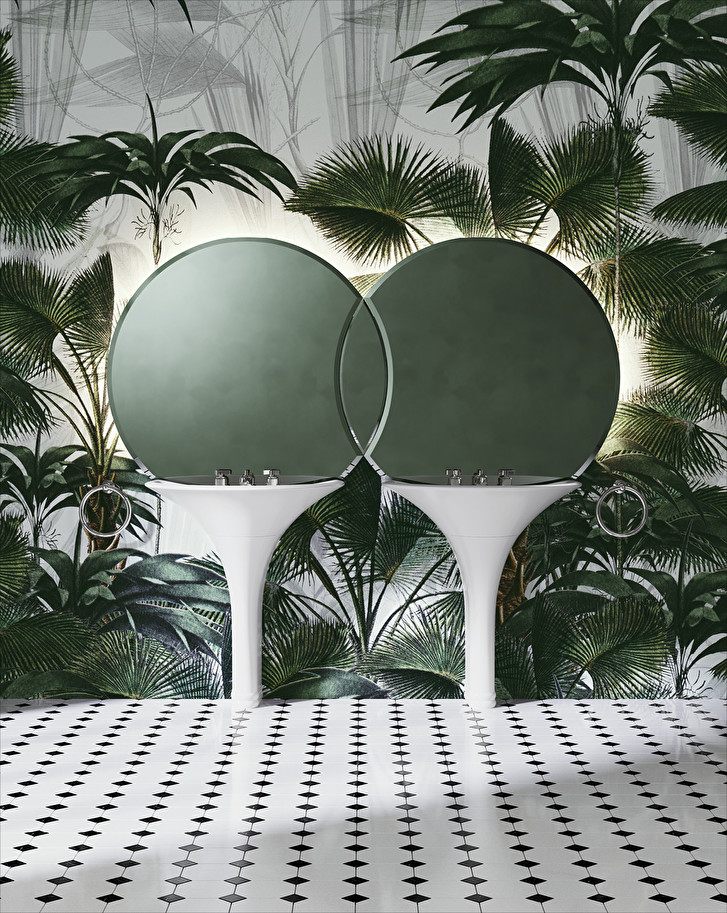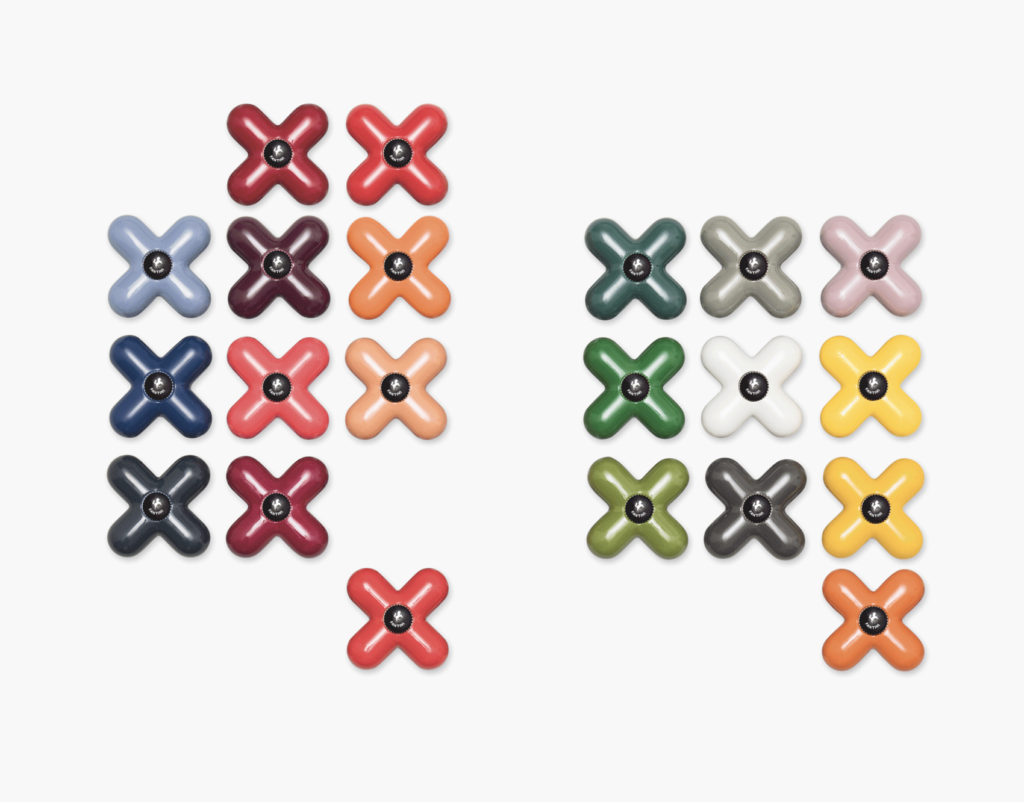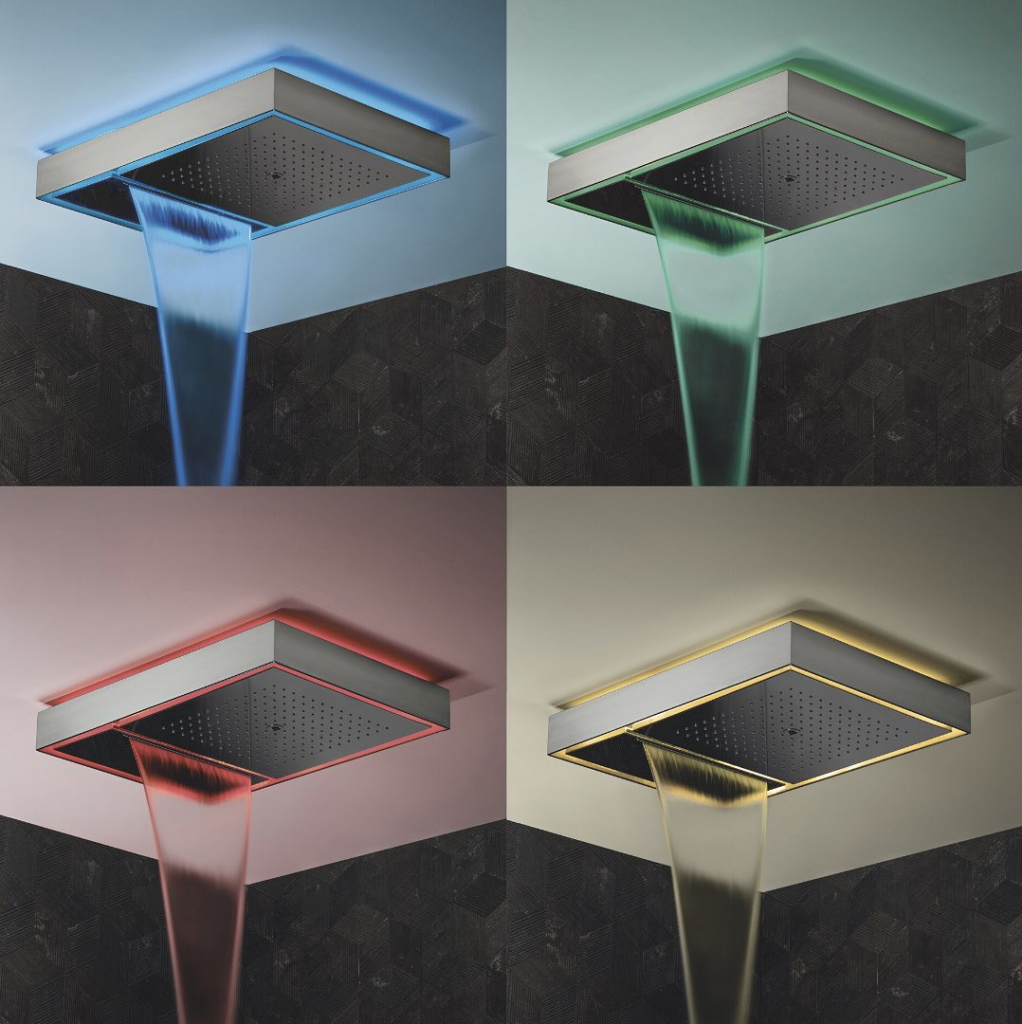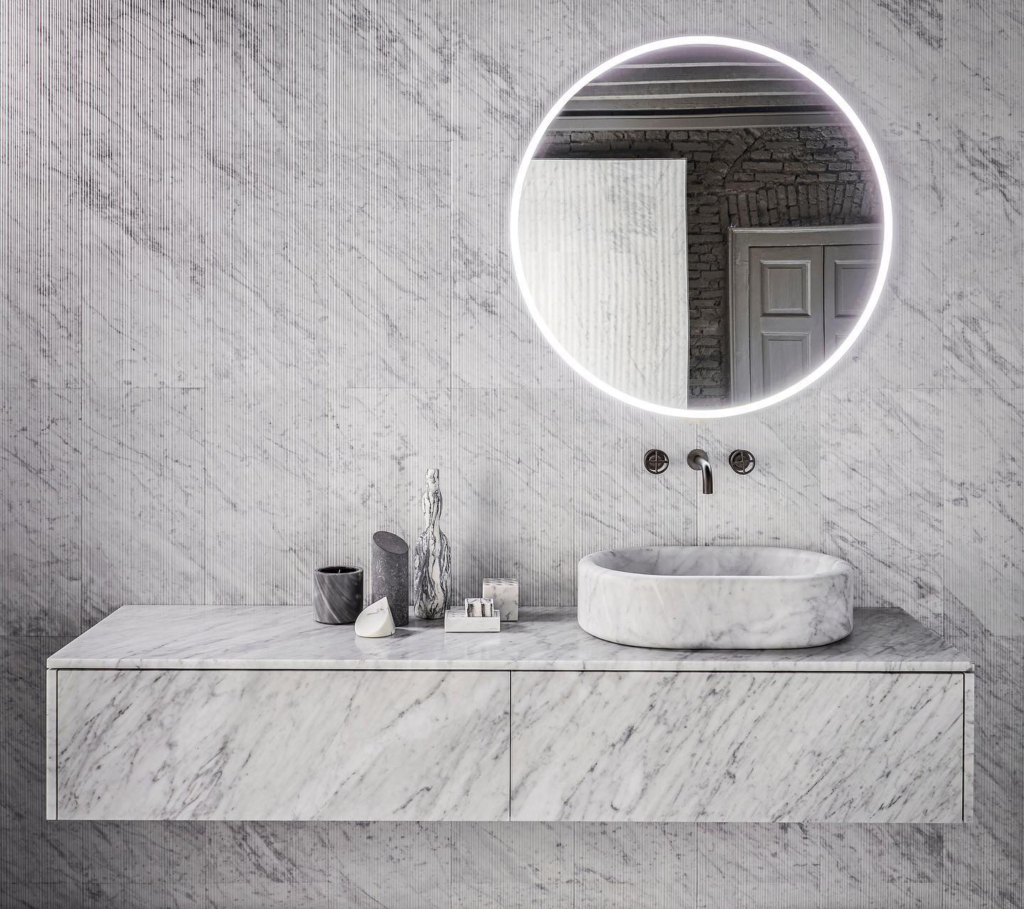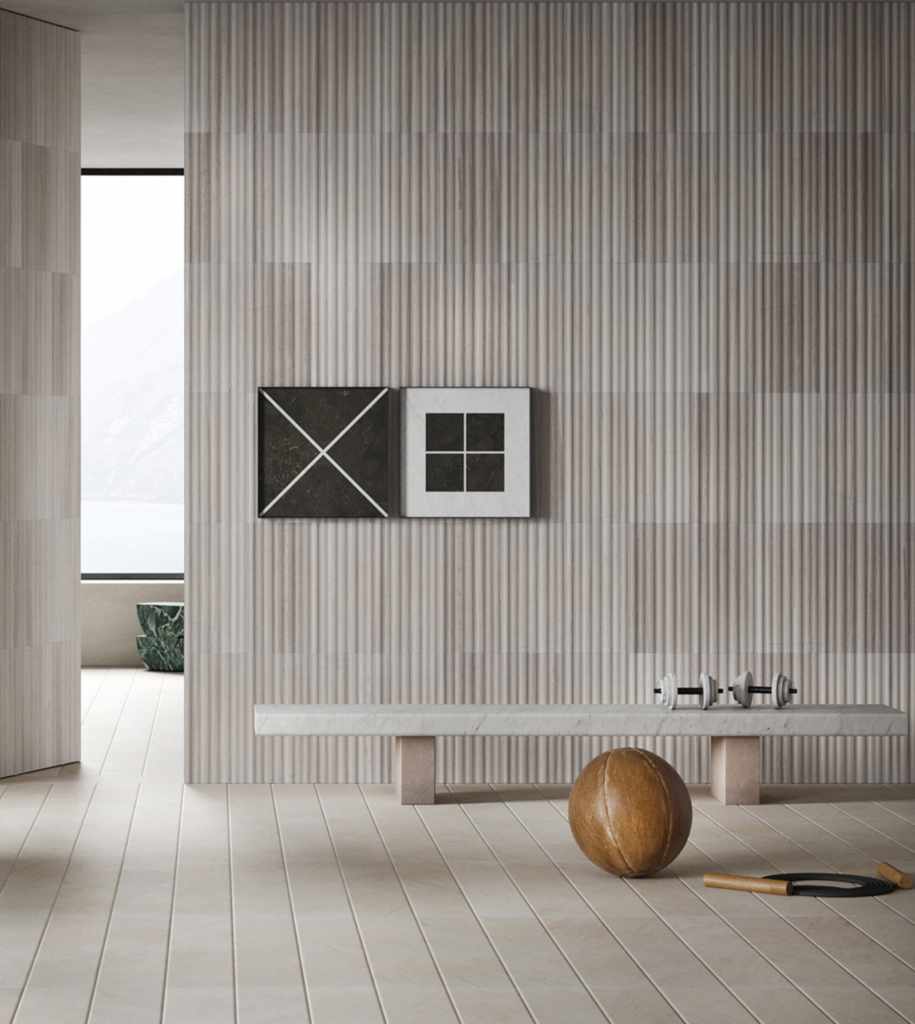Depending on where your interests lie, the “Made in Italy” label might evoke anything from dream wheels (Ferrari, Maserati, Lamborghini, Vespa) to top-tier fashion (Gucci, Prada, Fendi, Armani) to collectible furniture and decor designed by Domus magazine founder Gio Ponti or Memphis group ringleader Ettore Sottsass. Encompassing the the reverent, the whimsical and the experimental, Italian design has been characterized as being simultaneously simple and complex — a dichotomy that brings to mind both the rich heritage of the Renaissance and the radical ideas that pervaded postwar Italy. In our neck of the woods, “Made in Italy” is synonymous with the impeccable work of Agape, Cielo, Devon&Devon, Fantini and Salvatori — renowned companies that employ design-forward practices and artisanal craftsmanship to create bespoke hardware, fixtures and furnishings.
Agape
Founded by architect brothers Giampaolo and Emanuele Benedini in 1973, Agape specializes in “interpreting one of the most special rooms in the home: the bathroom.” Based in Mantua — which sits between the fashion capital of Milan and the regions of Emilia and Veneto — the company takes the Made in Italy designation seriously, collaborating with carefully selected designers and artisans on the creation of innovative washbasins, tubs, toilets, bidets, accessories and more. A sustainable operation that adheres to LEED standards, Agape is proudly among the first manufacturers to champion Cristalpant biobased — an environmentally sound material derived from “resinous raw materials of plant origin mixed with natural aggregates of extreme purity.”
Cielo
Although established in 1999, Cielo traces its family roots back to Antonio Coramusi, an early 20th-century master craftsman credited with making the first ceramic bathroom fixtures in the company’s home of Civita Castellana (an ancient settlement roughly 40 miles north of Rome). Self-described as a “Made-in-Italy workshop,” Cielo pushes the ceramic medium “beyond known limits” with innovative collections of sanitary fixtures, washbasins, shower trays and bathtubs while maintaining a sharp focus on the values of craftsmanship and the “culture of the handmade.” Consistently experimenting with new shapes, sizes, thicknesses, surfaces and colors, Cielo recently won the 2020 Archiproducts Design Award (ADA) with Plinio, a minimal and “hyper-graphic” washbasin designed by Andrea Parisio and Giuseppe Pezzano.
Devon&Devon
Launched in Florence in 1989, Devon&Devon smartly fuses the rich history of its birthplace with era-spanning inspirations from across the globe. While rooted in a reverence for tradition, craftsmanship and raw materials, the Devon&Devon aesthetic is undeniably adventurous as it nods to everything from Art Deco and Art Nouveau (and specifically the Italian sibling Stile Liberty) to old-school Hollywood glamour and the eclectic opulence of Fellini’s 1960 classic La Dolce Vita. Beyond its super-chic tubs and covetable vanities, Devon&Devon is beloved for statement-making flooring and wall coverings, including graphic marble tile and vibrant wallpapers.
Fantini
Although humbly billed as “a typical example of an Italian design factory,” Fantini is anything but ordinary. Founded by brothers Giovanni and Ersilio Fantini in 1947, the company has long drawn inspiration from the natural beauty that surrounds it — including “the constant presence of water and the serene atmosphere” offered by Lake Orta, a tranquil body of water shaded by the Alps of Piedmont. Over the decades, Fantini’s close connection to water has informed minimalist fixtures, classical sinks and tubs, and I Balocchi — a playful line of taps introduced in Milan in 1978. Customizable in a rainbow of admittedly “garish colors,” the line does much more than enliven kitchens and powder rooms as product sales benefit Fantini’s ongoing efforts to construct water outlets in Burundi, Africa.
Salvatori
Established in Northern Tuscany in 1946, Salvatori has evolved from a small marble business into a globally recognized Italian design company specializing in natural stone. Delivering a signature blend of old-world craftsmanship, cutting-edge engineering and “the very best of Made in Italy values,” the family-run business is perhaps best known for its elegant floor and wall coverings — which can be found everywhere from the Armani Hotel in Milan to the Louis Vuitton boutique in Tokyo — but also creates sculptural fixtures, furniture, lighting and accessories. A source of innovation for more than 70 years, Salvatori is behind both the beautifully textured split-face finish known as spaccatello (introduced in 1950) and lithoverde, an eco-friendly material composed entirely of recycled stone and natural resin.
